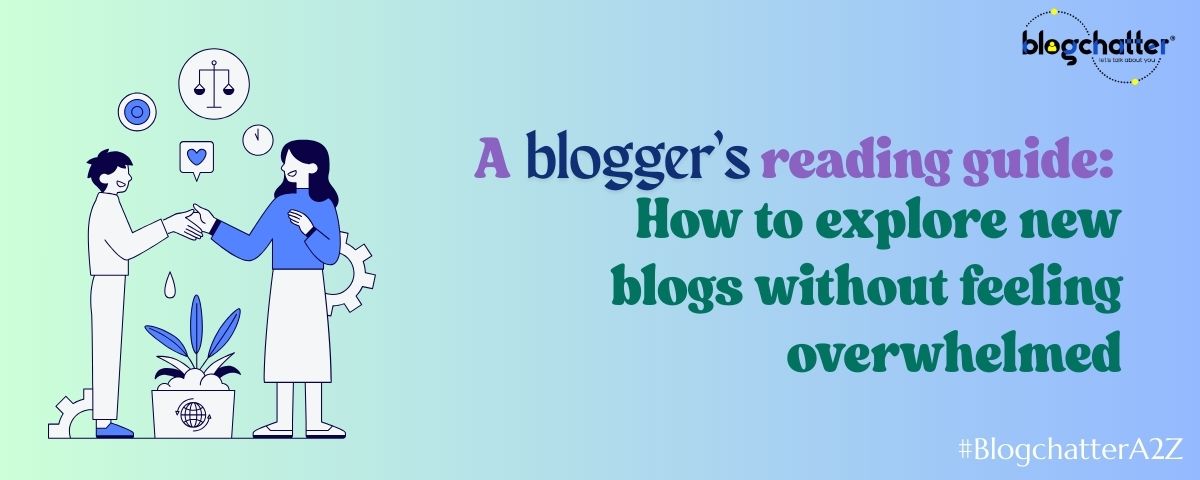There are two types of SEO that site-owners should know and implement for getting organic traffic. None of these are optional, you need to ace both for Google to fall in love with your blog. Link-building is a key aspect of off-page SEO. In this article I will briefly cover what is link building, and different (effective) ways to do it.
WHAT IS LINK BUILDING AND HOW DOES IT HELP?
A backlink is a link from an external site pointing to a page of your blog. Search engines like Google treat this as a “vote of confidence” for your content. A good analogy will be having a great resume (on-page SEO) which get’s hidden in the pile of applications that recruiters receive. A good quality backlink is like an employee referral. It not only ensures that the resume is seen, but also gives the recruiter (Search Engine) some confidence on an unknown candidate.

LINK QUALITY
Ten years back, black-hat SEO firms were on a rampage. They would copy-paste the same comment on hundred different sites and leave their links. This is one of the many tactics they would use to “fool” the search engine algorithms and drive traffic to low quality websites. Google as well as other search engines have come a long way since then to detect and filter such “bad quality links”. Below is a (non-exhaustive) list of factors that determine the quality of backlinks.
- Is it a do-follow or a no-follow link? A do-follow tag that tells the search engines to consider the link as your vote of confidence for the page you are linking to. A “no-follow” or a “sponsored” tag tells Google to ignore the link for SEO purposes. Most site-admins set their comments section as “no-follow”.
- Which site does the link come from? One link from an active authority site of your own niche, carries a lot more weight than many links from low-authority or inactive websites.
- Next is link placement. A contextual link in the body of an article is much better than a link at the bottom in author biography, or a link in the sidebar.
- The two most important factors are “relevance” and “naturality”. Therefore old techniques like listing sites, comment spamming and direct link-swaps do not work anymore.
HOW TO BUILD QUALITY BACKLINKS?
Now let’s discuss the link-building techniques that work.
- Write detailed high-quality posts and share on blogging groups preferably related to your niche. Any good blogger would love to link to quality posts that adds value for their audience. It’s difficult but this is the “ideal” way of building a backlink – an organic vote of confidence for your post.
- Offer to write guest posts for authority bloggers of your own niche. There are many domain-specific blogging groups on Facebook which facilitate guest posting. The transaction is simple. You provide an amazing post on a topic that the authority blogger wants, and in return you get a couple of backlinks. While offering a guest-post and asking for backlinks, please make sure that the posts you are asking for backlinks to are “relevant” and “valuable”. For example, it will be crazy for me to offer a guest post on “Kolkata sightseeing” and ask for a backlink to my post about “Prague.” Google will perceive the link as spam, even though I put so much effort into writing the guest post.
- Collaborate with bloggers of your niche to write round-up posts or listicles. For example, a blogger Anne wants to write about “the best cameras that bloggers love” and she asks fellow bloggers to collaborate. You have posted a detailed review of a camera on your site. You can earn a quick relevant backlink to it just by sending a 100-word blurb to Anne for the camera you reviewed. Besides SEO, guest posts and collab posts are also good for brand-building and attracting new audience to your site.
- Interlink related posts within your blog. This is easier said than done, especially if you have many posts that you have written over a period. To go back to a two-year-old post and link to your latest related post, is not easy. But it’s a great way to strengthen your link-profile as well as keep your readers engaged in your blog.
- Disavow negative backlinks. Too many backlinks from spam websites can hurt your link profile. Use Moz link explorer to check your backlinks and Google disavow tool to remove them.
Try using these techniques today to reap long-term highly engaged readership for your blog. Read more on link quality on Google guidelines.







Comments
Hi Sinjana. I'm just starting out with blogging & was pretty much confused with the linking terms. You have put it in simpler words & it's easy to comprehend. Thank you so much.
This is such a helpful post. Checking the links you shared right away
Thats a lovely resource on building quality backlinks. Its always confusing
Which one is better? A do-follow or a no-follow? I have refused to work with brands that ask for do-follow links.
If it's a brand you personally endorse and the link adds value to the readers of the article go ahead with do-follow links. For example, if an eco-friendly clothing brand wants to pay me for a link in my article for sustainable products, it's a win-win.